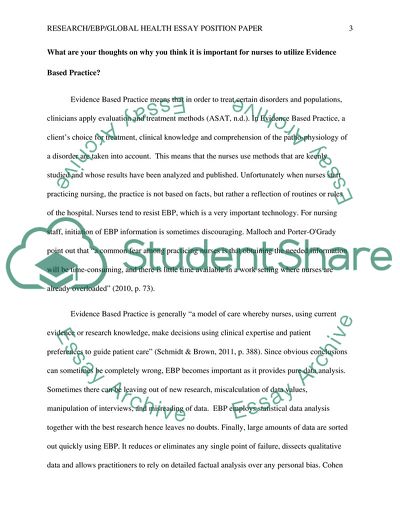Cite this document
(Paper #1: Research/EBP/Global Health essay position paper, n.d.)
Paper #1: Research/EBP/Global Health essay position paper. https://studentshare.org/nursing/1837524-why-is-it-important-for-nurses-to-utilize-evidence-based-practice
Paper #1: Research/EBP/Global Health essay position paper. https://studentshare.org/nursing/1837524-why-is-it-important-for-nurses-to-utilize-evidence-based-practice
(Paper #1: Research/EBP/Global Health Essay Position Paper)
Paper #1: Research/EBP/Global Health Essay Position Paper. https://studentshare.org/nursing/1837524-why-is-it-important-for-nurses-to-utilize-evidence-based-practice.
Paper #1: Research/EBP/Global Health Essay Position Paper. https://studentshare.org/nursing/1837524-why-is-it-important-for-nurses-to-utilize-evidence-based-practice.
“Paper #1: Research/EBP/Global Health Essay Position Paper”. https://studentshare.org/nursing/1837524-why-is-it-important-for-nurses-to-utilize-evidence-based-practice.


